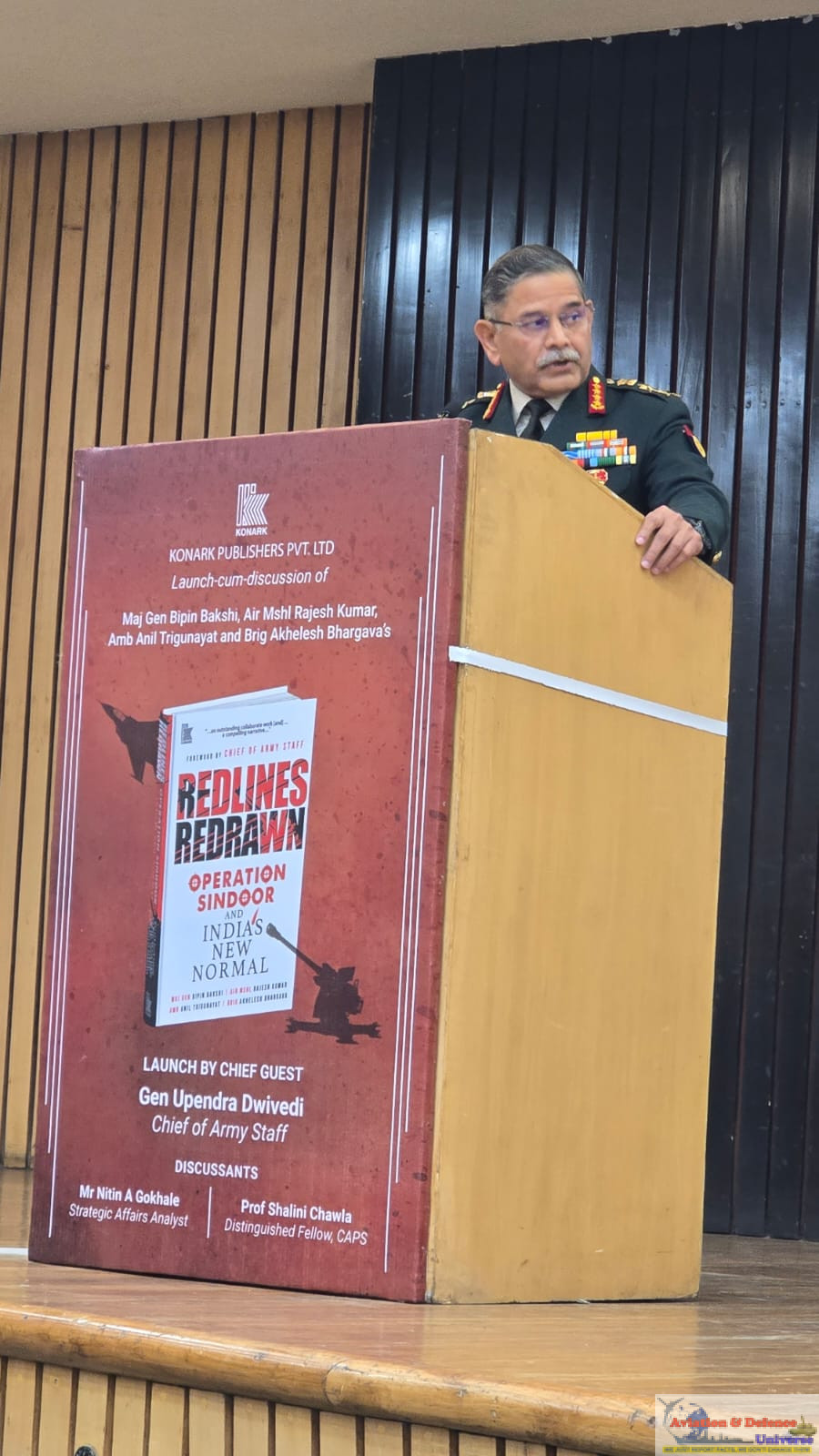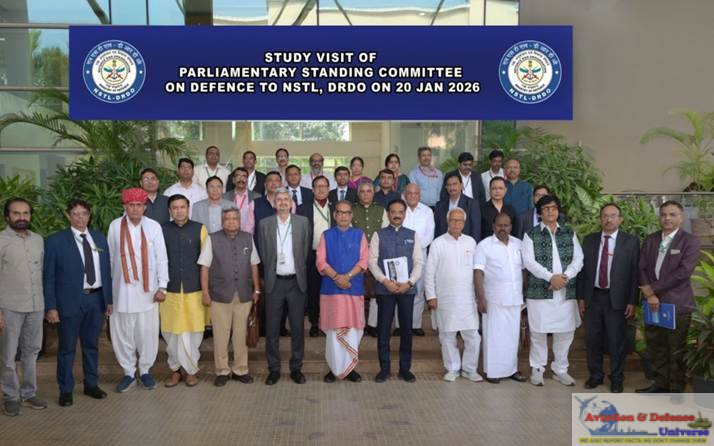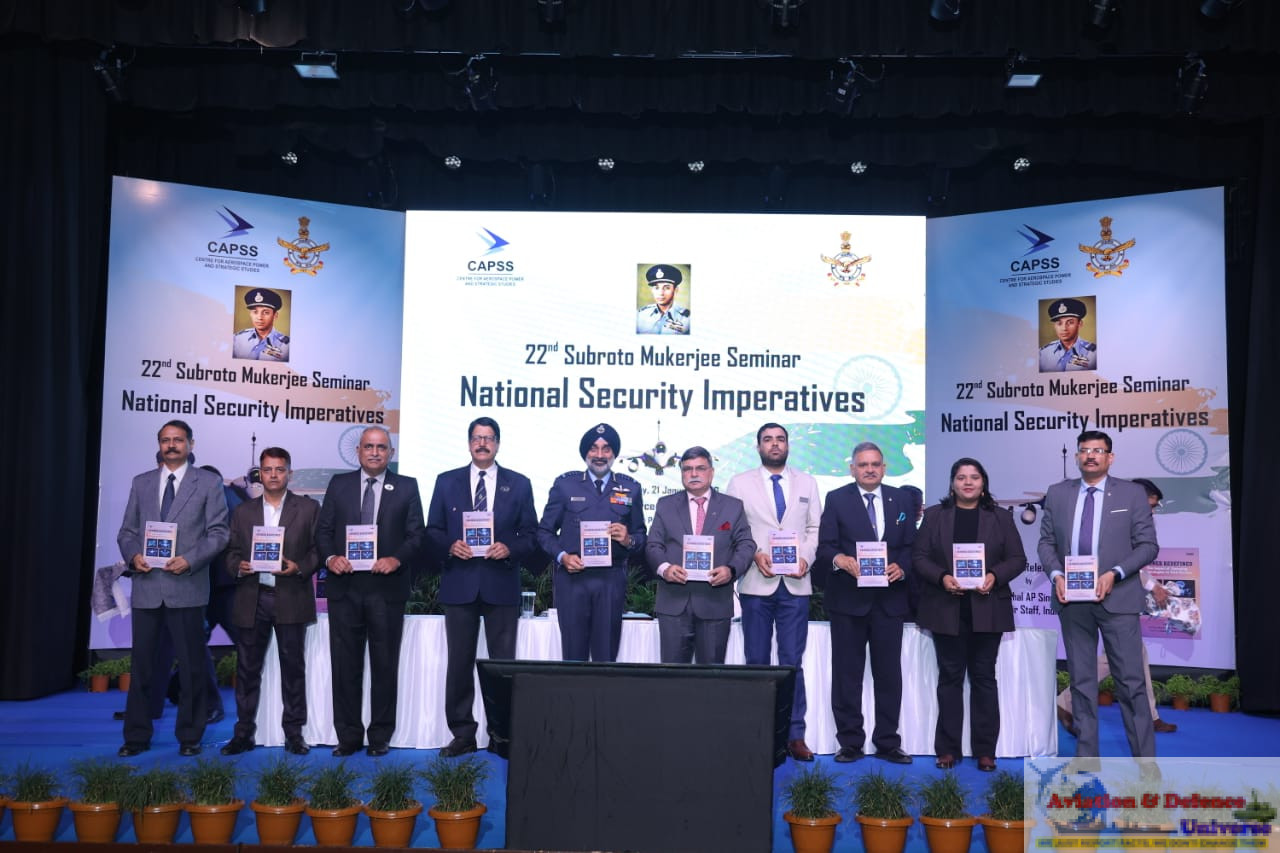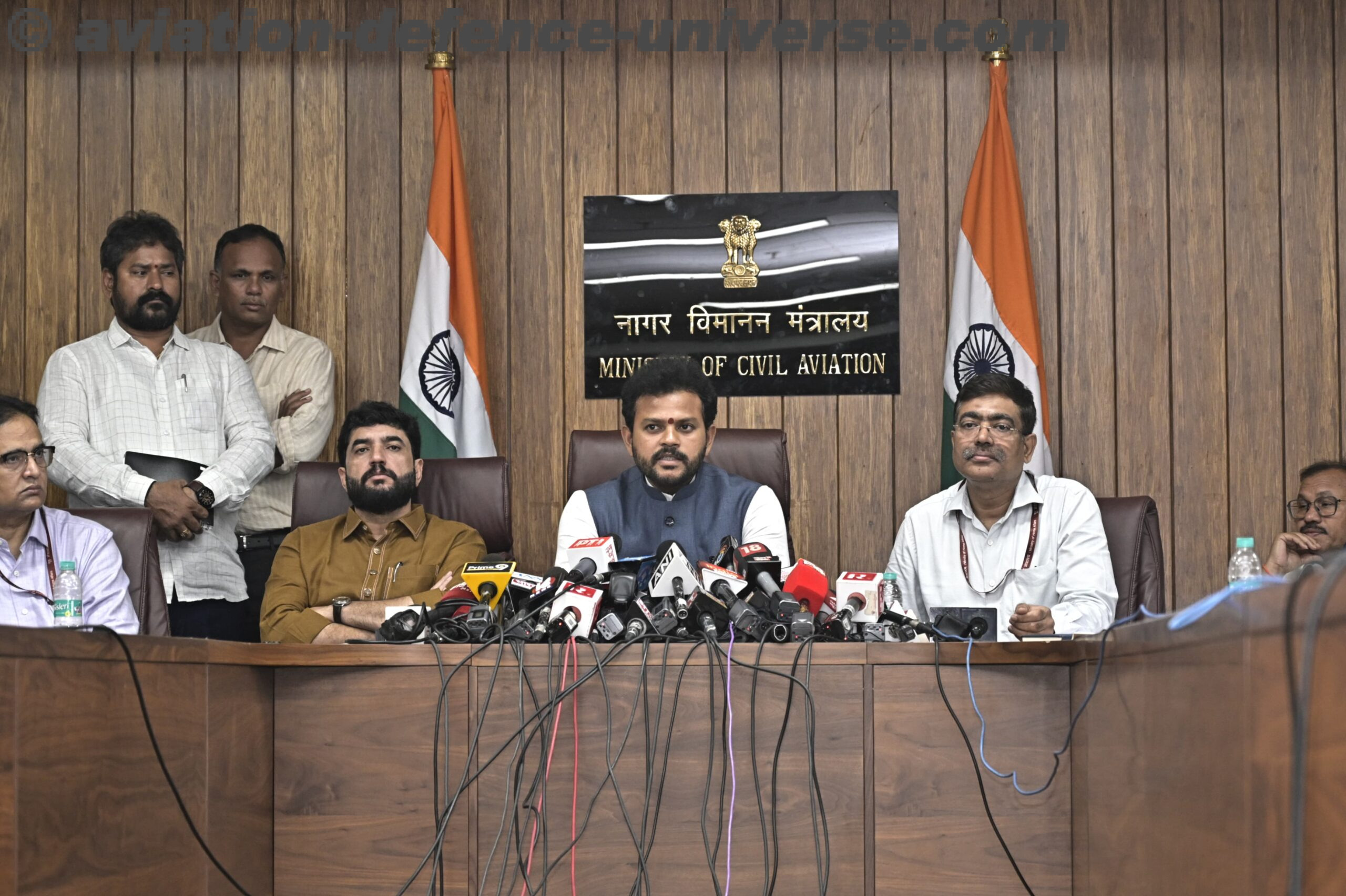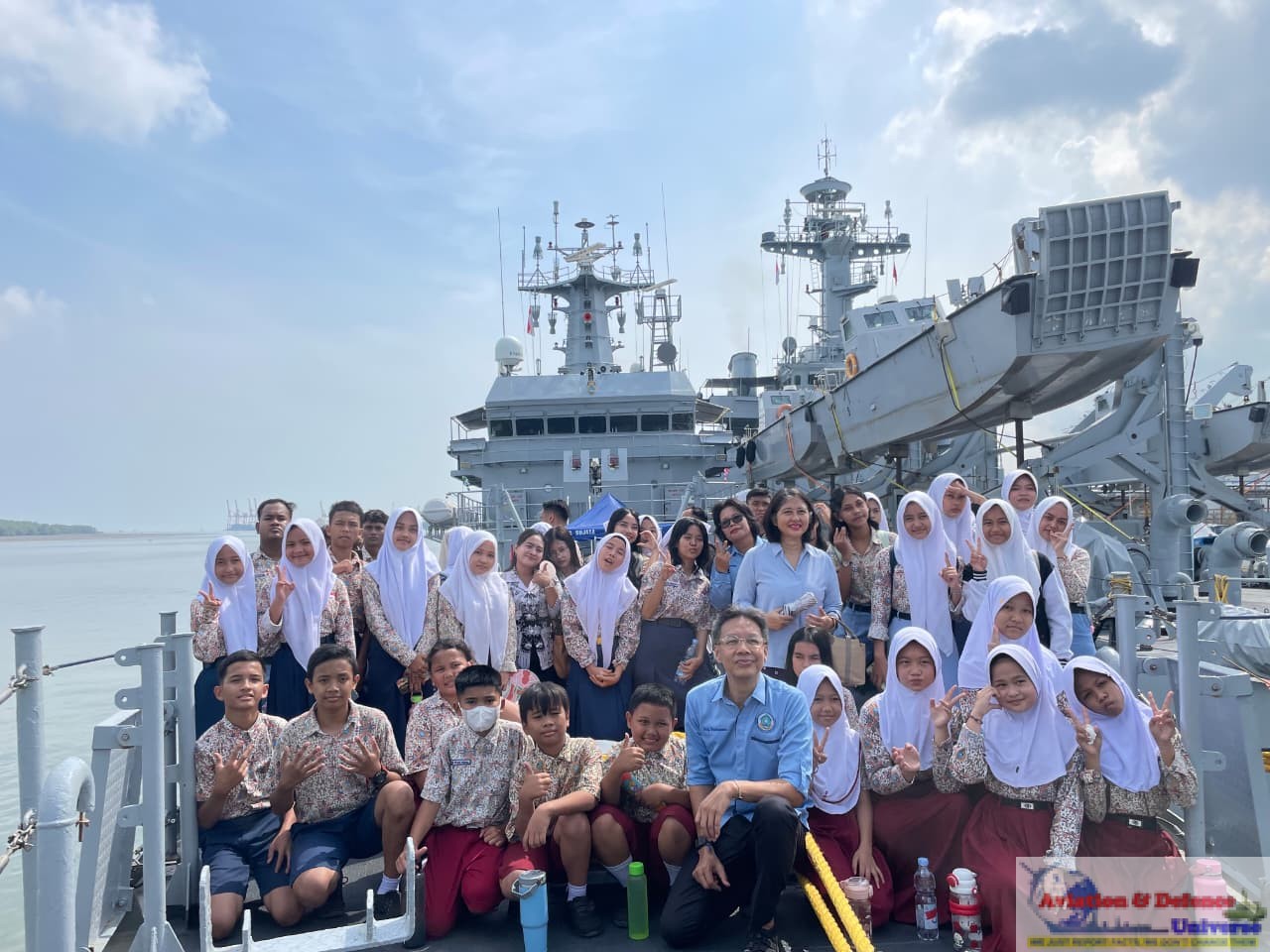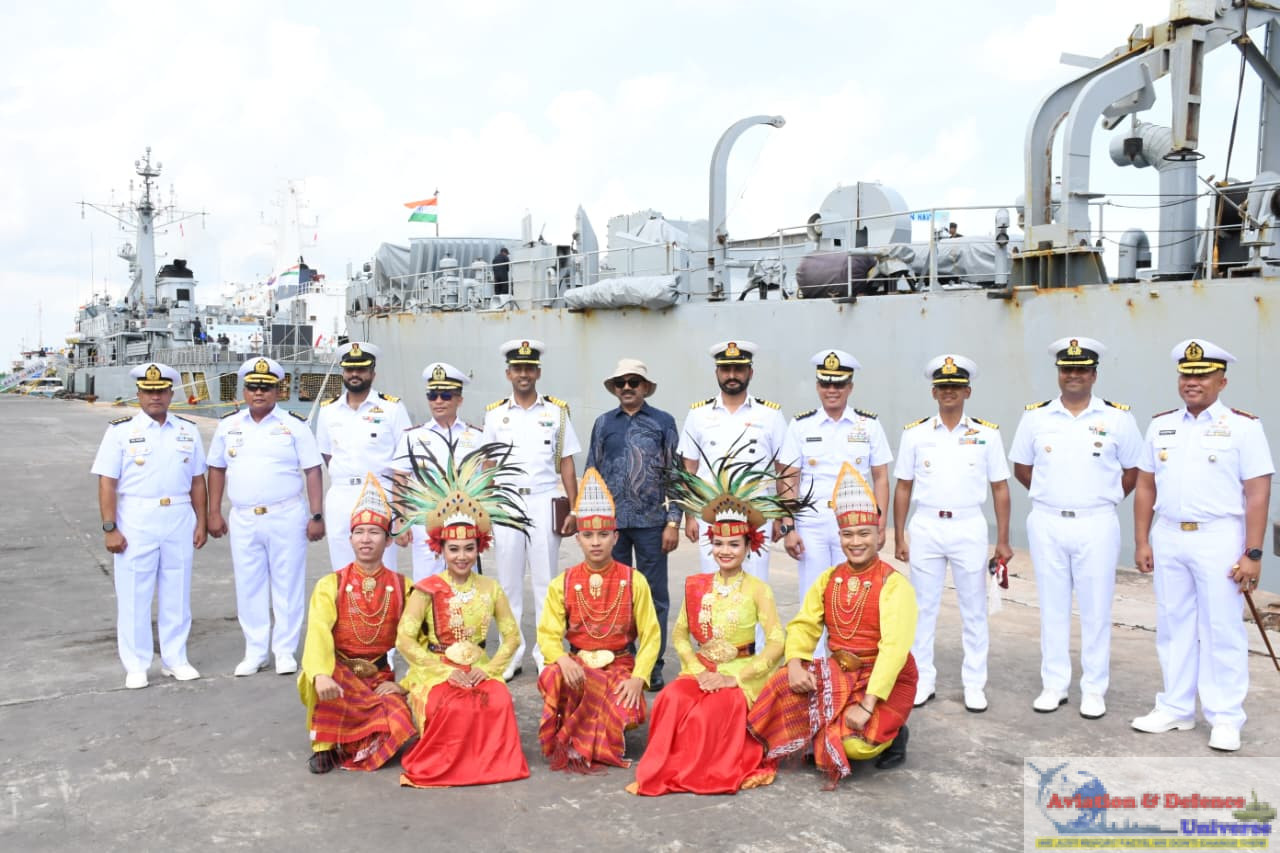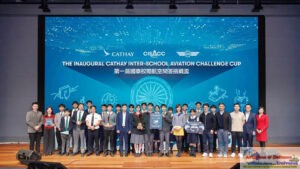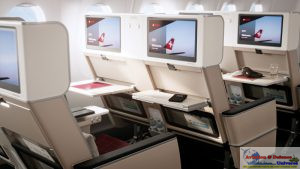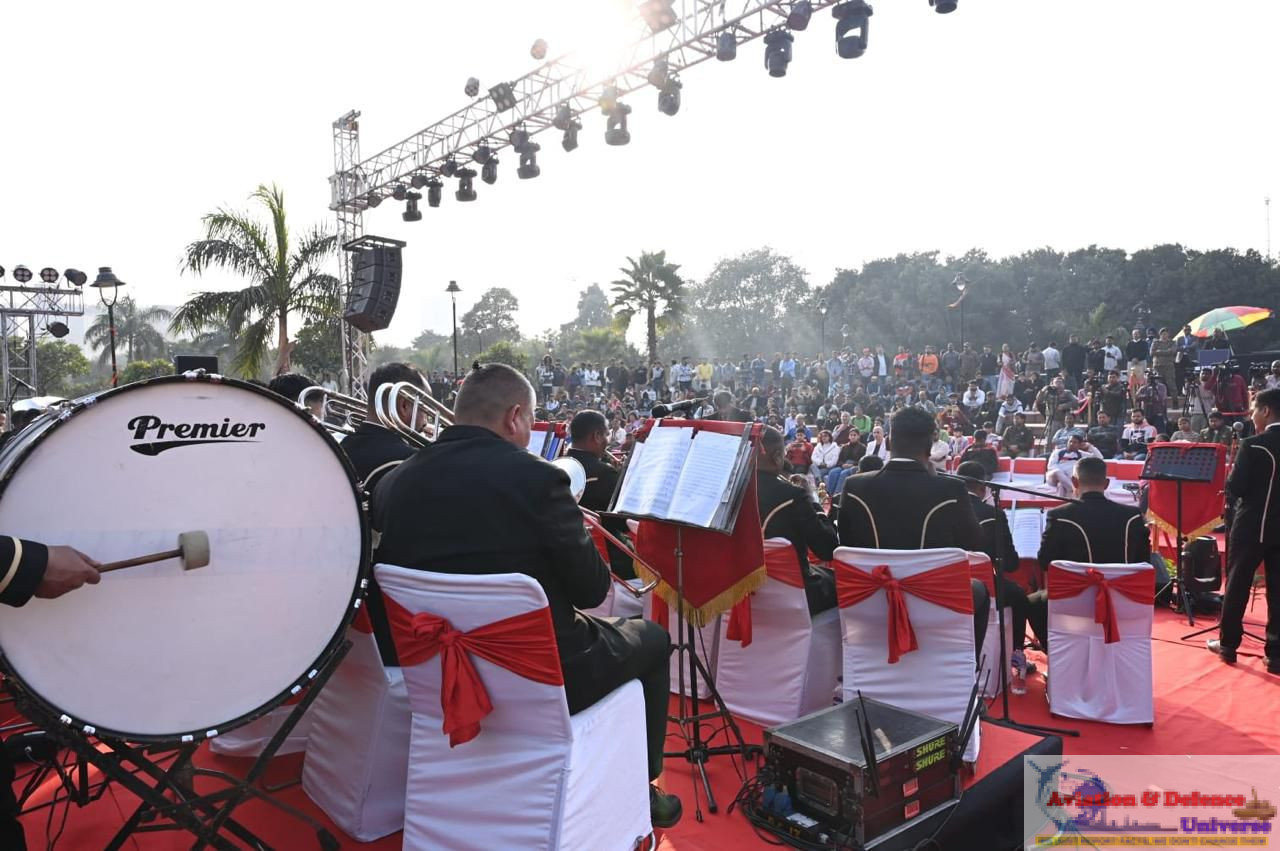National, June 05, 2025: On World Environment Day, Akasa Air, India’s fastest-growing airline, reaffirms its commitment to implementing sustainable practices across its operations. As India’s greenest airline, Akasa Air is guided not only by the evolving expectations of today’s eco-conscious travellers but also by its own core values of environmental responsibility. Conscious consumption, reduced carbon footprint, and responsible tourism are no longer unconventional ideals, they are shaping travel decisions. Akasa Air is proud to be at the forefront of this transformation in Indian aviation.
In a significant achievement, Akasa Air has saved over 60,000 litres of water per aircraft through the thoughtful use of products and practices. From its inception, the airline has embedded sustainability into its ethos, introducing several initiatives to reduce its environmental impact and offer passengers an all-around sustainable travel experience.
Pioneering water conservation
In a pioneering move, Akasa Air was the first Indian airline to forgo ceremonial water cannon salutes at flight and route inaugurations, in a bid to prevent unnecessary water wastage.
Scaling Electric Vehicle adoption
Akasa Air is actively working with its partners in transitioning its ground operations by increasing the use of electric vehicles (EVs) for passenger and baggage transportation at airports. This transition from conventional, fossil-fuel-based vehicles is a strategic move to lower ground-level emissions and contribute to cleaner, healthier airport environments. To date, this initiative has led to the prevention of over 196,300 kilograms of carbon emissions, underlining the airline’s focus on long-term, measurable impact.
Responsible e-waste management
Akasa Air has partnered with eNamo to set up dedicated e-waste booths to provide employees with a convenient and responsible way to dispose of used electronics. To date, the initiative has helped recycle batteries and other electronic waste, successfully preventing several metric tons of carbon emissions.
A sustainable fleet management strategy to lower environmental impact
At the core of Akasa’s sustainable aviation strategy is its brand-new 737 MAX fleet, powered by CFM LEAP-1B engines and featuring advanced technology winglets. The 737 Max fleet offers excellent economics, reducing fuel use and emissions by 20 per cent compared to the airplanes it replaces. Moreover, it is a quieter aircraft, creating a 50 per cent smaller noise footprint and offering 20 per cent lower airframe maintenance costs.
A first-of-its-kind uniform that is a perfect amalgamation of sustainability and comfort
Akasa’s sustainability values even reflect in its uniforms. The trousers and jacket fabric of the airline’s crew uniform is specially developed for Akasa using recycled polyester fabric, which is made from pet bottle plastic salvaged from marine waste. Moreover, no plastic has been used in the manufacturing of crew shoes; instead, the shoe sole is made from recycled rubber.
Sustainable packaging in airline’s in-flight dining service, Café Akasa
Packaging for all perishable meals is 100 per cent recyclable and made from paper, which is ethically sourced from sustainably grown crops. All packaging is manufactured without any bleach or other optical brightening agents (OBA) chemicals. The wooden cutlery on board is also biodegradable. Moreover, passengers can pre-book their meals before flying with Café Akasa to avoid any wastage.
Embedding responsible practices and robust waste management
Since its inception, Akasa Air has set industry benchmarks in instituting best practices in waste management across operations with the usage of biodegradable bags and waste management products. The plastic zip lock bag being used for the Café Akasa menu has been discontinued. The airline’s offices, stations, and training centres are administratively guided to follow sustainable practices such as reduced paper and single-use plastic usage; LED lighting, and reusable products in common areas such as pantries. Moreover, Akasa Air Learning Academy in Gurugram is equipped with a Sewage Treatment Plan (STP), and the recycled water is used for horticulture.
As Akasa Air continues to expand its network and operations, it remains unwavering in its pursuit of sustainability as a core tenet of its identity.













